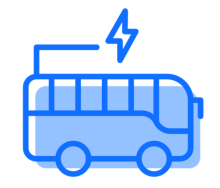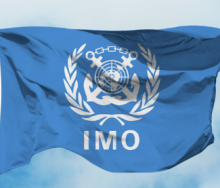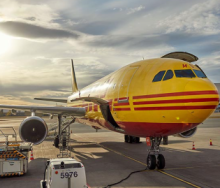Islamic rebels operating in the north-eastern Cabo Delgado province of Mozambique, where significant industrial development is under way to extract liquid natural gas from the area’s coast, continue to hold back the government’s rural electrification targets.
Alexandra Links, general manager of Engie Energy Access, which is spearheading the rural electrification project aimed at lighting up the entire country by 2030, said that terrorism has stalled her company’s efforts to extend services to Cabo Delgado.
She told Agência de Informação de Moçambique (AIM): “We have been operating in the country since 2019 and we are present in more than 50 districts across all provinces of Mozambique, except for Cabo Delgado.”
She stressed that the reason for this is that the company prioritises safety issues.
Links, quoted in Monday’s edition of the independent newssheet Carta de Moçambique, elaborated on additional challenges hindering electrification targets, including the dispersed nature of the rural population, the inability of rural communities to afford services, the lack of fiscal incentives, and limited telecommunications infrastructure to support the mobile money payment model.
AIM reports that since 2019, Engie Energy Access has invested over 20 million US dollars nationwide, reaching more than 230 000 families, equating to approximately 1.2m people, mainly farmers and small businesses.
The company employs over 200 full-time professionals in sales, marketing, customer service, product diagnostics and logistics.
“Our vision is to prioritise rural electrification and achieve the goal of universal access to energy. This journey has not been easy, but it has been incredibly rewarding. We are a leading player in the Mozambican solar market, providing affordable, reliable, and sustainable energy solutions for homes, businesses and infrastructures,” she said.













